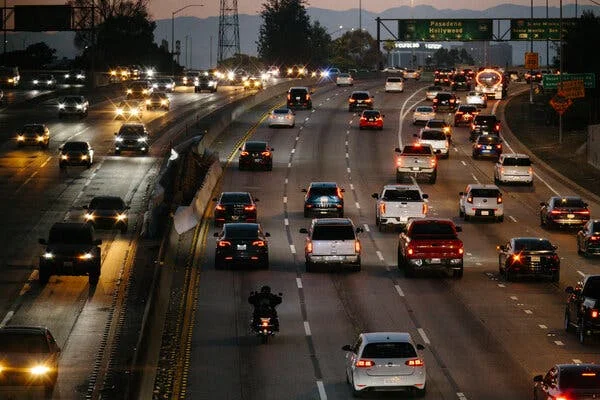
California’s Gas Car Ban Faces Uncertainty Amid Political Shifts
In a significant development for environmental policy in the United States, California's ambitious plan to ban the sale of new gas-powered cars by 2035 is facing a challenging future due to shifting political landscapes. This initiative, which aims to transition the state towards a predominantly electric vehicle (EV) market, has been a cornerstone of California's efforts to combat climate change. However, with the upcoming presidential election and the potential return of former President Donald Trump, the future of this policy is increasingly uncertain.
The Biden administration has supported California's move towards greener transportation, aligning with federal goals to reduce carbon emissions. Yet, Trump's previous administration had attempted to roll back such environmental regulations, and his potential re-election could signal a reversal of these policies. The article from The New York Times discusses how this political uncertainty is causing concern among state officials and environmentalists who fear a setback in the fight against climate change.
California's Governor, Gavin Newsom, has been a vocal proponent of the gas car ban, emphasizing the state's leadership in environmental policy. However, the looming election and the possibility of a Trump presidency have introduced doubts about the policy's longevity. The state's automotive industry, which has been preparing for the transition to EVs, now faces potential disruptions and increased costs if federal support is withdrawn.
As California navigates these political waters, the outcome of the 2024 presidential election will play a crucial role in determining whether the state can maintain its trajectory towards a sustainable future or if it will be forced to reconsider its ambitious environmental goals.